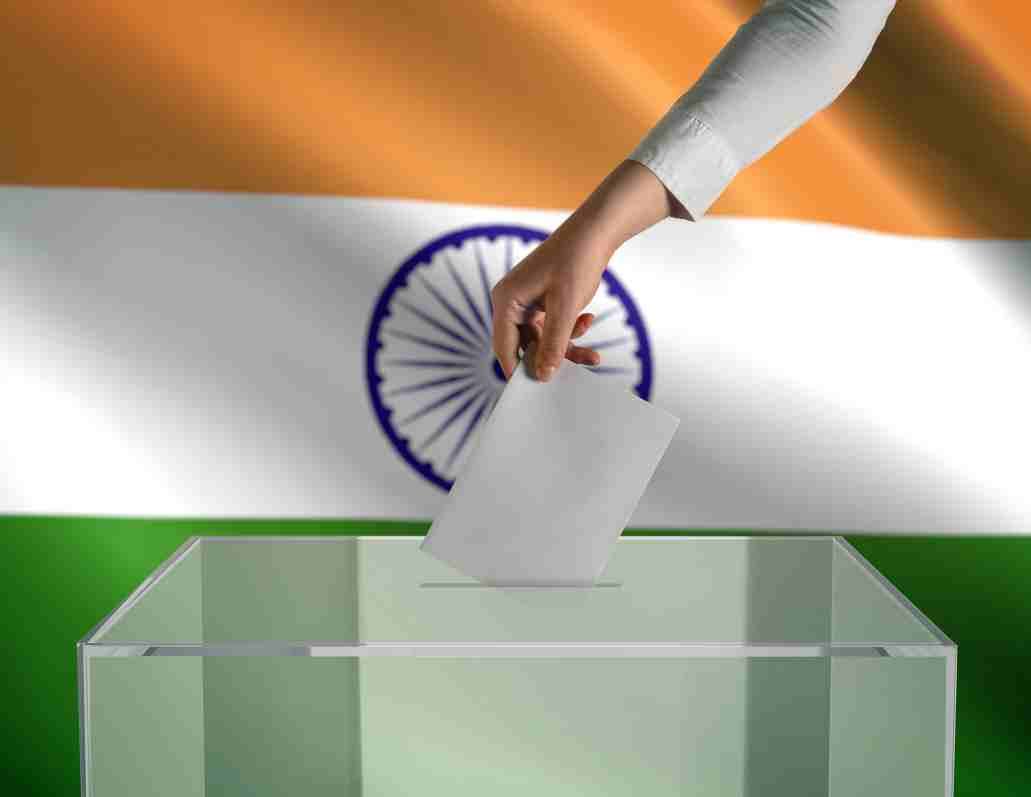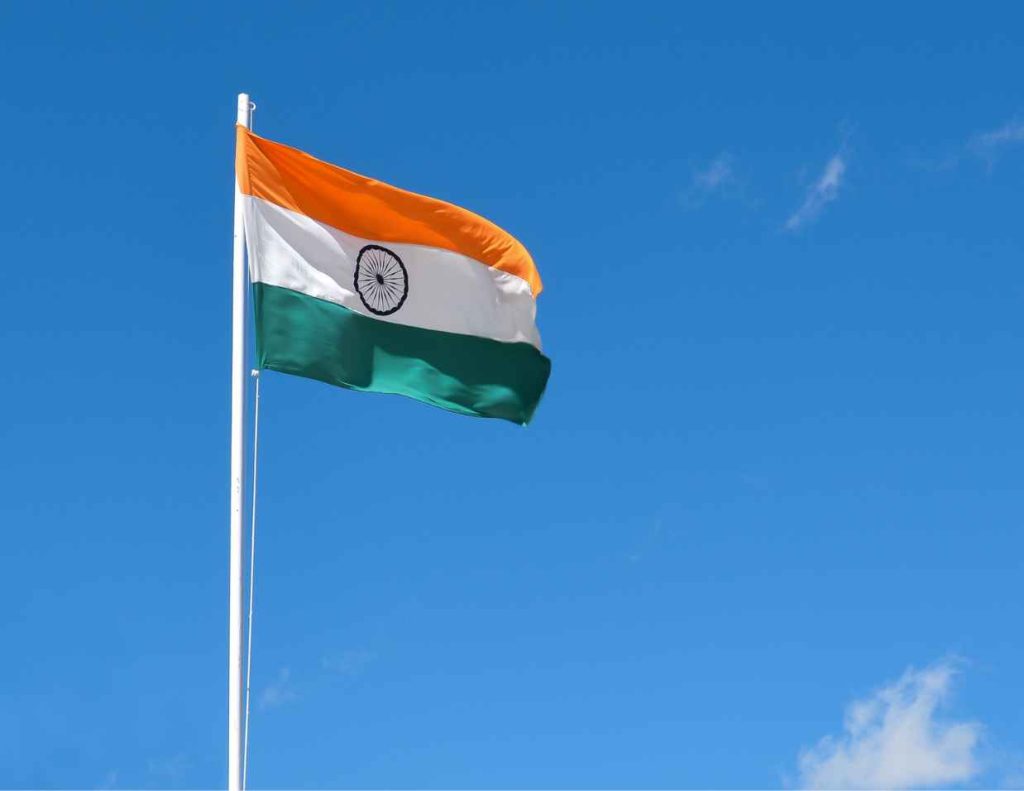Bharatiya Janata Party Wins In Rajasthan, Madhya Pradesh, and Chhattisgarh

The Bharatiya Janata Party (BJP) recently triumphed in the state elections of Rajasthan, Madhya Pradesh, and Chhattisgarh presents a significant indicator for the political landscape of India, especially in the run-up to the national elections next year. These victories have enormous implications and how they might shape the forthcoming national electoral contest.
Rajasthan, Madhya Pradesh, and Chhattisgarh are key states in the Indian heartland with substantial electoral weight. BJP’s victory in these states not only consolidates their influence in these regions but also sets a strong precedent for the national elections. Successfully campaigning and winning in these diverse states showcases the BJP’s organizational strength and capability to mobilize support across different demographics and regions.
The Bharatiya Janata Party’s (BJP) recent string of victories in key state elections can only be fully understood by acknowledging the pivotal role of Prime Minister Narendra Modi. His personal appeal, strategic leadership, and ability to connect with the electorate have demonstrably acted as a catalyst for these wins.
Modi’s personal charisma and oratorical skills are undeniable assets. He possesses an uncanny ability to connect with voters on an emotional level, particularly in rural areas and among lower-income groups. His carefully crafted image and speeches resonate with the masses, instilling a sense of hope and aspiration. His frequent rallies, roadshows, and direct voter interactions further solidified his connection with the electorate.
Modi actively participated in the BJP’s campaign strategy, meticulously planning and overseeing its execution across multiple states. His ability to identify key issues, tailor messaging to target audiences, and mobilize party cadres proved instrumental in crafting a winning campaign.
The Bharatiya Janata Party effectively used popular welfare schemes like Ujjwala Yojana and Jan Dhan Yojana as campaign tools, highlighting their direct benefits to voters. Modi’s image was strategically woven into the narrative of these schemes, further cementing his connection with the beneficiary communities. Additionally, the party tapped into the Hindu nationalist sentiment prevalent in a significant portion of the population, solidifying its base among conservative voters.
The Bharatiya Janata Party, under Modi’s leadership, possesses a robust organizational structure, allowing for efficient resource mobilization and campaign execution. Party cadres were effectively mobilized across the states, ensuring smooth operations and a coordinated approach to campaigning. This organizational prowess proved crucial in overcoming logistical challenges and reaching out to voters in remote areas.
The BJP strategically capitalized on the fragmented nature of the opposition. Modi, through his speeches and campaign messaging, effectively highlighted the lack of unity and strong leadership within the opposition parties, presenting the BJP as the only viable alternative.
Beyond the immediate impact on election outcomes, Modi’s influence extends to shaping India’s political landscape. His charismatic leadership style, strategic acumen, and ability to connect with the masses have undoubtedly transformed the BJP into a formidable political force. His influence on the party’s ideology, policy agenda, and communication strategy is undeniable.
Looking forward, the impact of the “Modi factor” on future elections remains a subject of speculation. While his popularity remains high, economic challenges, rising dissent, and a more unified opposition could potentially pose significant hurdles. Nonetheless, Modi’s leadership and political acumen are undeniable forces to be reckoned with, and his influence on the Indian political landscape will likely continue for years to come.
Implications for National Politics
These victories could create a wave of positive momentum for the BJP, energizing its base and potentially swaying undecided voters in its favor for the national elections. Winning in these states might be perceived as an endorsement of the BJP’s policies, particularly those that resonate with the voters of these regions, like agricultural reforms or rural development initiatives.
The opposition parties may need to revisit their strategies, especially in these states, to counter the growing influence of the BJP. Forming strategic alliances and presenting a united front could be key.
Opposition parties will need to address regional issues more effectively, as the BJP’s victory in these states suggests a strong regional connection and understanding of local issues.
Impact on Governance
The BJP’s wins in these states could facilitate smoother implementation of its policies, particularly those that require cooperation between the state and central governments. The party might focus more on policies that have garnered support in these states, using them as models for national-level initiatives.
The victories can reinforce the perception of strong and effective leadership within the BJP, a factor that often influences voter decisions in national elections. While these victories are significant, the BJP must carefully navigate the differences between regional and national issues, as the voter’s priorities may differ.
The BJP’s win in the state elections of Rajasthan, Madhya Pradesh, and Chhattisgarh is a significant bellwether for the national elections. It reflects the party’s stronghold in key regions, indicates public endorsement of its policies, and sets the stage for a highly competitive national election. However, the complexity of India’s political landscape means these victories are just one piece of a larger puzzle. The upcoming national elections will ultimately depend on a myriad of factors, including the ability of the BJP to maintain its momentum and the strategies adopted by the opposition to counter this wave.
